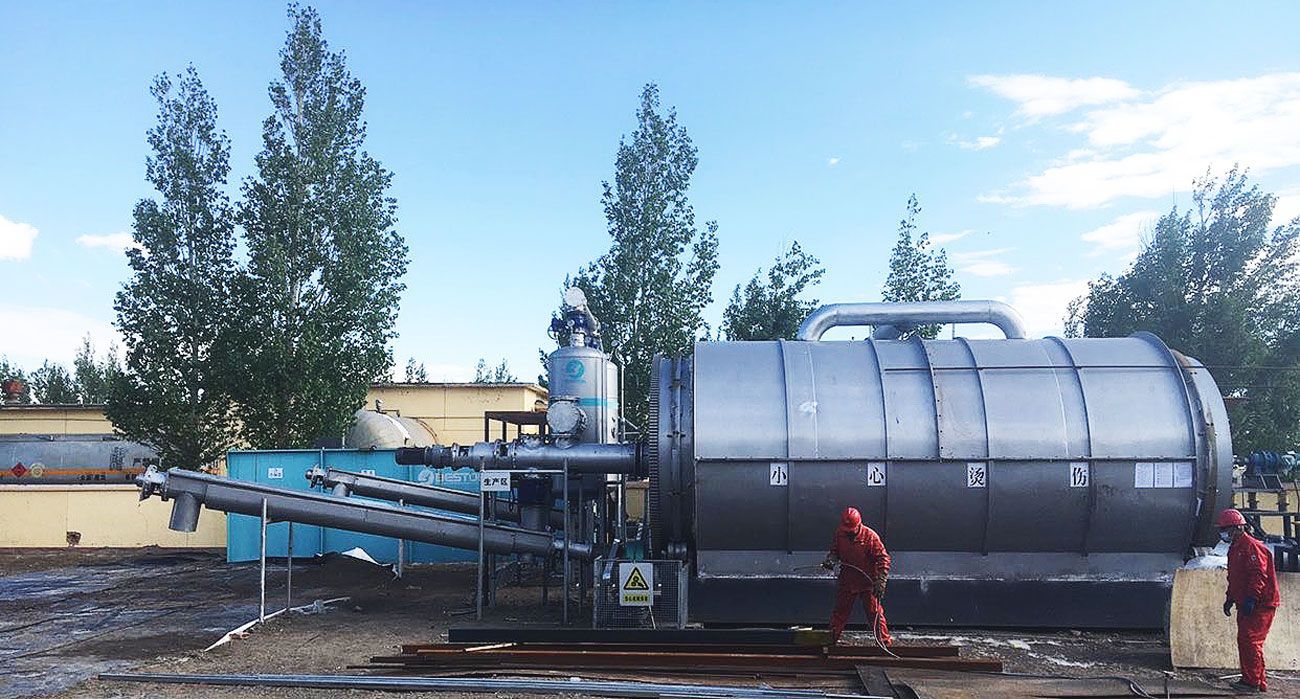Factors Affecting the Cost of a Tyre Pyrolysis Plant
If you're seeking information about the cost of a tyre pyrolysis plant, you've come to the right place.

If you're seeking information about the cost of a tyre pyrolysis plant, you've come to the right place. Pyrolysis technology has revolutionized the recycling industry by providing an eco-friendly and profitable method for disposing of waste tyres and other materials. However, not all pyrolysis businesses are successful, often due to a lack of understanding of the fundamentals and technical aspects of this technology-driven industry. The tyre pyrolysis plant price
plays a crucial role in determining the success or failure of the business. Here are key factors that influence the cost:
Plant Size: The size of the plant determines its price, with larger plants costing more than smaller ones. Entry-level plants can be purchased for around $50,000, excluding shipping, duties, land, power, labor, permissions, and other operational expenses. Investing in a larger plant can cost upwards of $100,000.
Automation Level: The degree of automation in the plant affects the price. Fully automated plants allow 24/7 operation but require significant capital investment. In addition to the plant cost, expenses such as raw materials, processing, storage, and more need to be considered. While fully automated plants offer higher efficiency, manual or semi-automated options are more affordable.
Plant Type: Pyrolysis plants are available in continuous processing and batch processing configurations. Each type has its advantages. Batch processing plants can handle various raw materials, while continuous processing plants are designed for specific materials and provide uninterrupted operation. Continuous processing plants tend to be cheaper due to their simpler design.
Partnering with experienced professionals in the industry can provide invaluable guidance and expertise when setting up a pyrolysis plant. They can help you navigate through the complexities of plant selection, technology integration, and operational efficiency, ultimately maximizing your chances of success.
Additionally, conducting thorough market research is crucial to understanding the demand for recycled products derived from the pyrolysis process. Identifying potential buyers and establishing reliable supply chains will contribute to the profitability of your business.
Furthermore, it's essential to consider the regulatory and legal requirements associated with operating a pyrolysis plant. Compliance with environmental regulations and obtaining necessary permits and licenses are vital for smooth operations and avoiding penalties.
Investing in proper maintenance and regular inspection of the plant will ensure its longevity and optimal performance. This includes training personnel to operate and maintain the equipment effectively, as well as implementing safety protocols to protect workers and prevent accidents.
Lastly, keeping up with advancements in pyrolysis technology and exploring opportunities for innovation and process optimization can give your business a competitive edge. Staying informed about market trends, researching new feedstock options, and exploring potential by-products can lead to diversification and increased profitability.
In conclusion, while the cost of a tyre pyrolysis plant is influenced by factors such as size, automation level, and plant type, success in this business requires a comprehensive understanding of the technical aspects, market dynamics, regulatory compliance, and continuous improvement. By considering these factors and seeking expert guidance, you can set yourself up for long-term success in the tyre pyrolysis industry.
